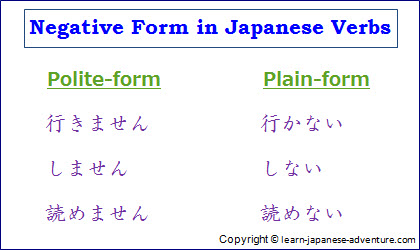Of course, the reason i introduced the verb stem is to learn how to conjugate verbs into their polite form… the masu-form! the masu-form must always come at the end of a complete sentence and never inside a modifying relative clause.. The answer to this question of how polite the japanese are is "very". japanese people strive on giving the "omotenashi" experience to their visitors. the people are never rude to each other and are extremely helpful.. This is an overview of the various layers of the polite japanese language. while many western languages have polite usage, such as polite personal pronouns (sie in german, vous in french, usted in spanish, etc.) taking plural verb forms even when used in the singular, asian languages – and japanese in particular – employ a more complex grammatical system to express formality and politeness..
Introduction to keigo, polite language. let’s look at honorific japanese: there are actually several types of honorific japanese. today, we will take a look at words used to exalt the person being spoken to.. first let’s look at the words you will say to your boss or to anyone you respect.. It naturally and gradually eases you into learning japanese language and culture. you’ll learn real japanese as it’s spoken in real life. please, thank you and apologies in japanese. being polite and humble is so, so important when you’re learning another language.. Learn how to conjugate japanese verbs from the plain form into the polite form. this lesson has flashcards for you to study and practice a pile of verbs. learn how to conjugate japanese verbs from the plain form into the polite form. this lesson has flashcards for you to study and practice a pile of verbs. japanese verbs – the polite form:.




0 komentar:
Posting Komentar